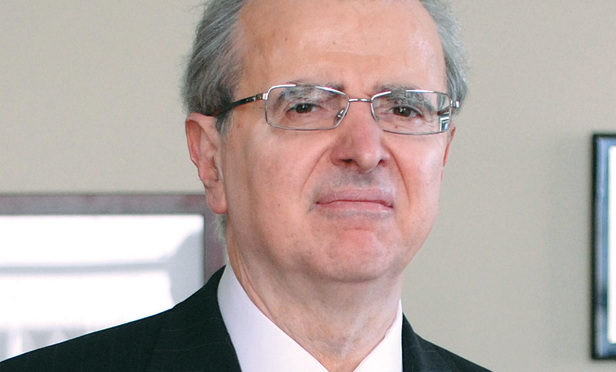Our modern grand juries—and our guarantees of due process and the rule of law more broadly—have roots going back to the Magna Carta. The Magna Carta, signed by England’s King John in 1215, has continuing power today far beyond the small group of medieval English barons responsible for its creation. This 800-year-old document embraces the ideas of liberty and the rule of law that form the foundations of our American democracy. When we celebrate the 800th anniversary of the Magna Carta on this Law Day 2015, we celebrate the ideals of liberty, due process, and justice that are foundations of our Constitution and laws.
Our system of grand juries in particular can be traced back to provisions in the Magna Carta. The threads of due process of law and the role of the people in imposing criminal charges run from the Magna Carta to our modern grand juries, enshrined in New York’s constitution and laws, where a group of citizens comes together to determine whether sufficient evidence exists to charge an accused person with a crime before prosecution can proceed. For centuries, the grand jury has played a vital role in indicting those who there is reason to believe have committed crimes on the one hand and ensuring against unjust prosecutions on the other.
This content has been archived. It is available through our partners, LexisNexis® and Bloomberg Law.
To view this content, please continue to their sites.
Not a Lexis Subscriber?
Subscribe Now
Not a Bloomberg Law Subscriber?
Subscribe Now
LexisNexis® and Bloomberg Law are third party online distributors of the broad collection of current and archived versions of ALM's legal news publications. LexisNexis® and Bloomberg Law customers are able to access and use ALM's content, including content from the National Law Journal, The American Lawyer, Legaltech News, The New York Law Journal, and Corporate Counsel, as well as other sources of legal information.
For questions call 1-877-256-2472 or contact us at [email protected]



